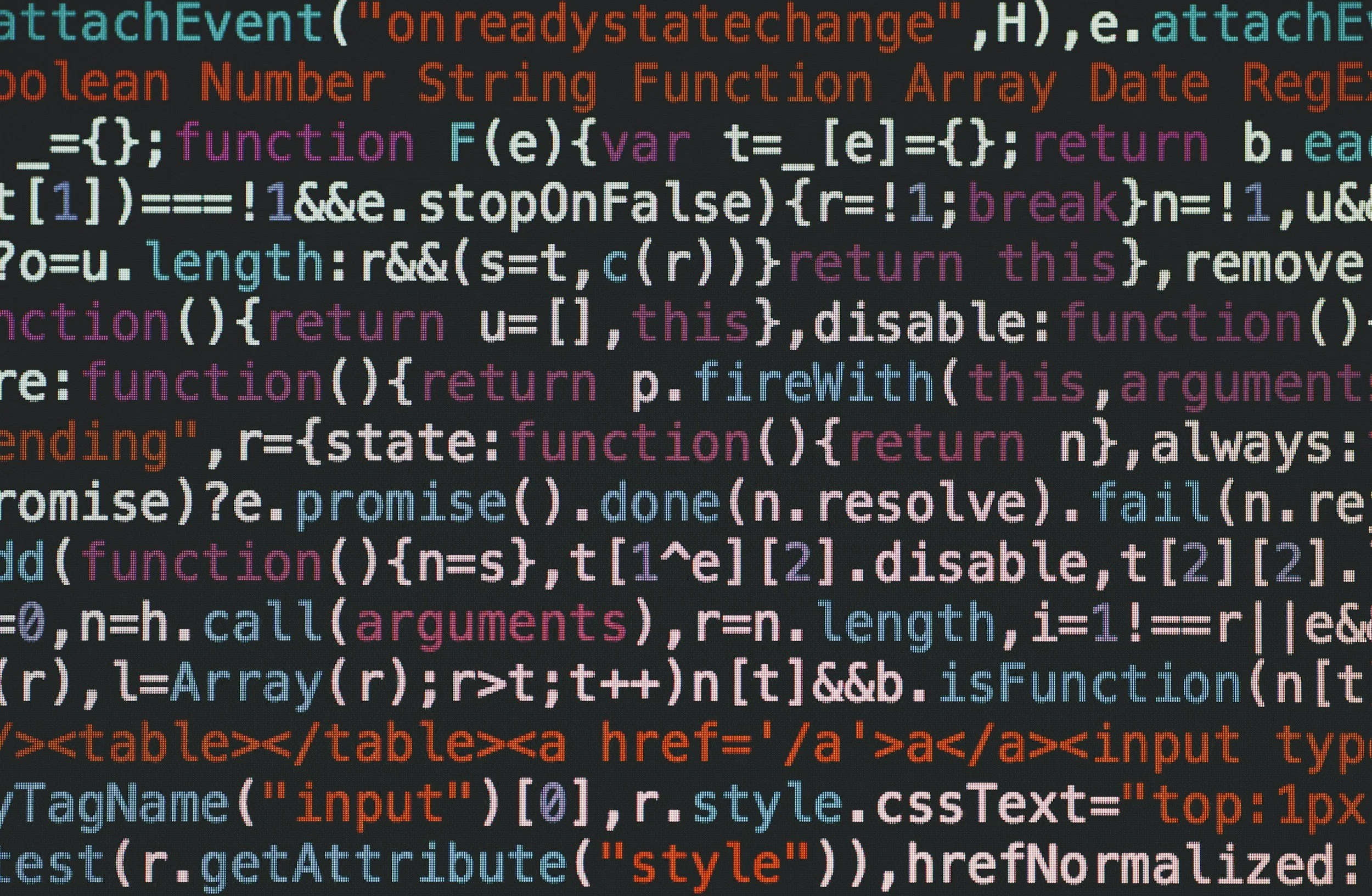Generative AI, such as ChatGPT, has exploded in popularity recently. While these powerful tools offer many benefits, they also raise significant privacy concerns that both individuals and companies need to be aware of. Here's what you need to know:
Viewing entries in
security
Data Minimization and Purpose Limitation
Collect Only Necessary Data: One of the fundamental principles of data protection is minimizing the data collected. Companies should:
Conduct thorough data inventories to understand what data is being collected and why.
Clearly define the purpose for each data collection activity to ensure it aligns with business objectives and legal requirements.
Regularly review data holdings to identify and delete unnecessary or obsolete information, reducing the risk of breaches.
Purpose Limitation: Ensure that data is used solely for the purposes specified at the time of collection. This involves:
Implementing strict policies that prevent data from being repurposed without explicit consent.
Regularly auditing data usage to ensure compliance with stated purposes.
Robust Security Measures
Implement Strong Encryption: Encryption is a critical component of data security. Companies should:
Encrypt sensitive data both at rest and in transit to protect it from unauthorized access.
Use advanced encryption standards and keep cryptographic protocols up-to-date.
Access Controls: Restrict access to sensitive data by:
Implementing role-based access controls (RBAC) to ensure only authorized personnel can access specific datasets.
Regularly reviewing access rights and adjusting them as necessary based on employee roles and responsibilities.
Secure Infrastructure: Protect the physical and digital infrastructure where AI systems operate by:
Securing data centers with physical barriers, surveillance, and secure entry systems.
Ensuring cloud environments are configured securely, with regular updates and patches applied to prevent vulnerabilities.
Privacy by Design
Integrate Privacy Safeguards Early: Incorporate privacy considerations into the design phase of AI systems:
Conduct privacy impact assessments (PIAs) during the development of new AI projects to identify potential risks early on.
Use privacy-enhancing technologies such as anonymization, pseudonymization, and differential privacy to protect individual identities within datasets.
Continuous Evaluation: Regularly evaluate AI systems for compliance with privacy-by-design principles through:
Ongoing monitoring and testing of AI models for unintended biases or privacy risks.
Updating systems as needed to address new threats or regulatory changes.
Transparency and Consent
Clear Communication: Be transparent about AI data practices by:
Providing detailed information about how personal data is collected, used, stored, and shared by AI systems.
Offering clear, concise privacy notices that are easily accessible to users.
Obtain Explicit Consent: Ensure individuals are informed and consent to their data being used by:
Implementing mechanisms for obtaining explicit consent before collecting personal data.
Allowing users to easily withdraw consent if they choose.
User Control: Empower individuals with control over their personal information by:
Offering tools for users to access, correct, or delete their data.
Providing options for users to opt-out of certain types of data processing.
Regular Auditing and Monitoring
Conduct Regular Audits: Regular audits are essential for maintaining compliance and security:
Perform periodic privacy and security audits to ensure adherence to policies.
Use automated tools where possible to continuously monitor systems for anomalies or breaches.
Vulnerability Assessments: Identify potential weaknesses in AI systems through:
Regular vulnerability assessments and penetration testing.
Promptly addressing any identified issues with appropriate mitigation strategies.
Employee Training and Awareness
Develop Comprehensive Training Programs: Educate employees on AI privacy risks and best practices by:
Creating training modules that cover safe handling of sensitive data, recognizing phishing attempts, and understanding regulatory requirements.
Conducting regular workshops or seminars on emerging threats and new technologies in AI privacy.
Foster a Culture of Privacy: Encourage a company-wide culture that prioritizes privacy through:
Leadership commitment to upholding high standards of privacy protection.
Recognizing employees who demonstrate exemplary practices in protecting personal information.
Regulatory Compliance
Stay Informed on Regulations: Ensure compliance with relevant laws by:
Keeping abreast of changes in data protection regulations such as GDPR, CCPA, or emerging AI-specific laws.
Consulting with legal experts regularly to ensure all practices meet current legal standards.
Implement Necessary Controls: Adopt controls that align with regulatory requirements by:
Establishing a dedicated compliance team responsible for overseeing adherence to regulations.
Documenting all processes related to AI data handling for accountability and transparency.
By implementing these comprehensive measures, companies can effectively protect personal data within their AI initiatives while fostering trust among users. This proactive approach not only mitigates risks but also enhances the overall integrity and reliability of AI technologies. As the landscape continues to evolve, staying informed and adaptable will be key in maintaining robust data protection policies.
European Union's General Data Protection Regulation (GDPR)
https://gdpr.eu/
National Institute of Standards and Technology (NIST) AI Risk Management Framework
https://www.nist.gov/itl/ai-risk-management-frameworkWhite House Blueprint for an AI Bill of Rights
https://www.whitehouse.gov/ostp/ai-bill-of-rights/IEEE Global Initiative on Ethics of Autonomous and Intelligent Systems
https://ethicsinaction.ieee.org/Organisation for Economic Co-operation and Development (OECD) AI Principles
https://www.oecd.org/going-digital/ai/principles/























































































